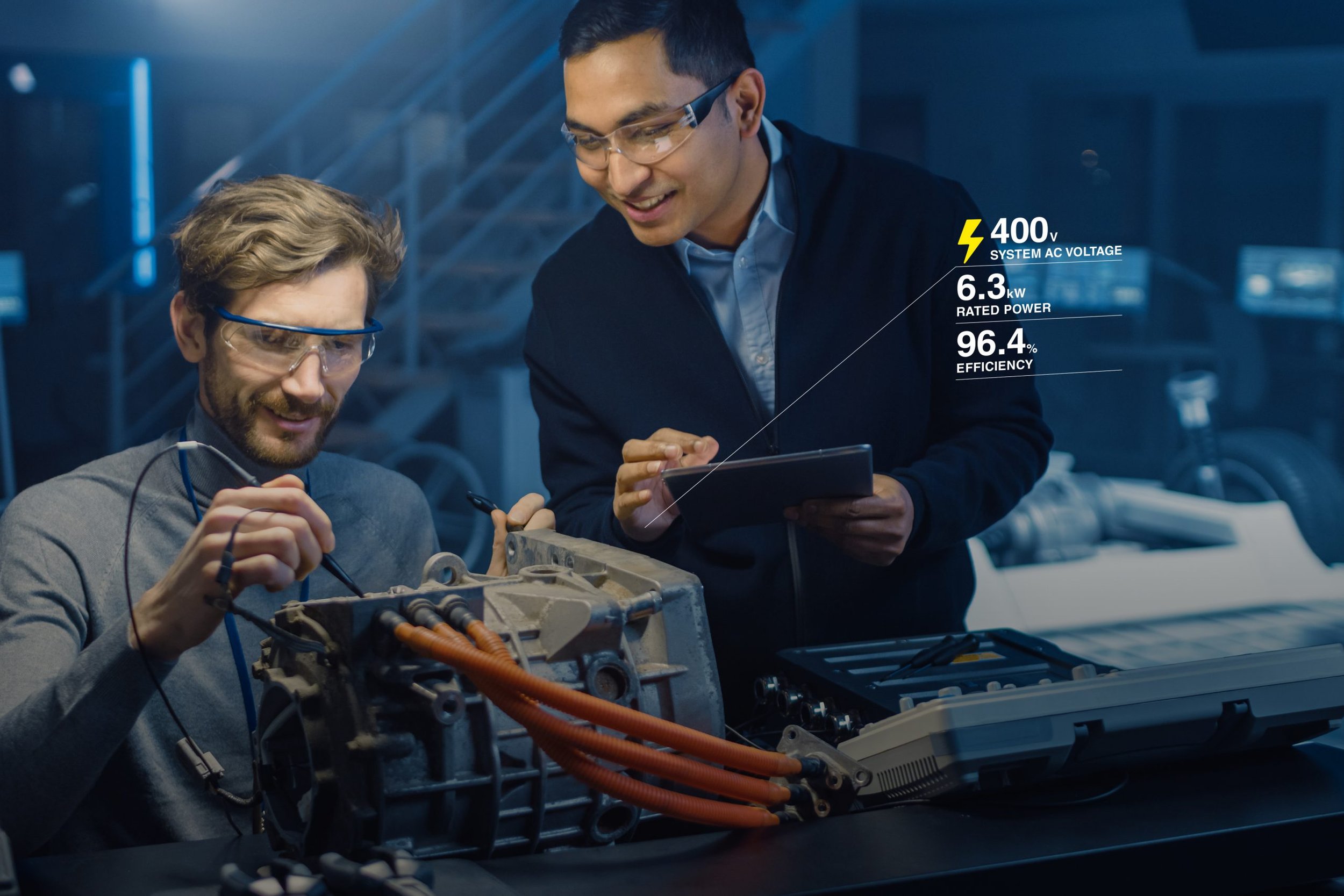How to Effectively Test a Vibration Accelerometer Sensor
Vibration accelerometer sensors play a crucial role in a wide range of applications, from monitoring machinery health to enhancing the performance of consumer electronics. Ensuring these sensors function accurately is vital for reliable data collection and analysis.
Common Mistakes EV Battery Manufacturers Make
Embark on a journey through the intricacies of EV battery manufacturing. Explore real cases unveiling oversights in Vibration Testing, Mechanical Testing, and more. Discover solutions to elevate your processes and emerge as a trailblazer in the competitive electric vehicle landscape.
Fatigue Life Test on Battery
The world is witnessing a significant shift towards renewable energy and sustainable technology. As a result, the demand for reliable and long-lasting energy storage solutions, such as batteries, is on the rise. One crucial aspect that determines the performance and durability of a battery is its fatigue life. The fatigue life of a battery refers to the number of charge and discharge cycles it can endure before its capacity significantly degrades. To ensure the efficiency and longevity of batteries, manufacturers conduct fatigue life tests, which are instrumental in determining their real-world performance. In this article, we will explore the process of conducting a fatigue life test on batteries and its significance in various applications.
A Comprehensive Guide to Velocity-Type Vibration Sensor Calibration Checks
In the world of industrial applications, velocity-type vibration sensors serve as crucial guardians, monitoring machinery health and ensuring safe operations. To guarantee precise measurements, regular calibration checks are essential. These checks verify the sensor's accuracy and sensitivity, helping to detect faults early and optimize maintenance. A case study involving a gas turbine in a power plant highlights how calibration checks lead to enhanced efficiency and cost savings. By fine-tuning the sensor's sensitivity, engineers ensure continued reliability, making calibration checks a proactive approach to industrial safety and performance.
How Do You Test a Vibration Accelerometer Sensor?
Testing vibration accelerometer sensors are a vital aspect of ensuring accurate and reliable vibration measurements. By following the outlined steps, best practices, and safety precautions, you can effectively evaluate the performance of your sensor and make informed decisions based on the collected data. Regular testing helps maintain optimal equipment performance, prevent failures, and ultimately contribute to the overall productivity and efficiency of your operations.
Calibration on Ground Support Equipment
Calibration and maintenance help detect and solve potential problems, ensuring that the components are functioning at their peak efficiency—quickly, thoroughly, and accurately. The advantages of regular calibration and GSE service are significant. They ensure that your equipment is operating efficiently as well as promoting organization and consistency across all machines.
With the rise in importance of regulatory compliance, GSE (Ground Support Equipment) and Aircraft operators must ensure machine reliability and adhere to necessary legal and best practice standards. Certified technicians perform scheduled calibration and maintenance to give full equipment certification, including all paperwork required for audits and inspections.
Why Calibrate Accelerometers?
Our first response to the question about accelerometer calibration and intervals is to consider what is the cost of failure. If you make a measurement and you later find out the sensor (or measurement channel) was bad, what would be the cost of invalidating that data or retaking it (if even possible)? The costs could vary from nothing to immense.
What Is Calibration?
In order to provide special and innovative products and services in a changing marketplace, manufacturers of all types rely on an accurate measurements. The calibration of devices that measure pressure, speed, flow, elevation, and dozens more are therefore an essential part of the manufacturer's quality system. Understanding calibration can give you an in-depth knowledge of how and why calibration research is important. Calibrating and adjusting your measurement equipment will help you to measure more accurately and without complications. Learn more in this blog post about what calibration is and the benefits it provides!
The Benefits Of Using An Accredited Calibration Lab
Unlike laboratories without an accreditation certificate, accredited labs live, breathe and eat maintenance. Through proficiency tests and internal checks, accredited laboratories are continually being assessed to ensure they stay within ISO 17025 standard. It is important to note that not all unaccredited laboratories are equal, therefore not all calibrations are equal. This is why choosing an accredited calibration lab is crucial; it will automatically guarantee accuracy of calibrations.
Do We Need To Calibrate Our Vibration Controller Unit?
Do we need to calibrate our vibration controller unit? In order to answer this, let's try to slightly move backward to remember the role that is played by the vibration controller in a vibration testing system. To run a vibration testing, we need to set our test specification (demand) at the vibration control software and let the vibration controller to control the rest. A feedback sensor will send feedback signal. And based on this feedback signal, vibration controller will adjust the drive signal to make the actual vibration signal aligned with the test specification.
Strain, An Important Aspect of Durability Analysis
Strain gauge can be briefly described as sensor that can measure the strain value (unitless) of structure that is being subjected to specific loading. Strain gauge works based on change of sensor element resistance (resistive based sensor). By using Wheatstone bridge, this resistance change will be converted to voltage and read by data acquisition system.
Various Types of Calibration
Calibration is the comparison of measurement results provided by a device under test with those of a calibration standard of established accuracy in measurement technology and metrology. some of the most frequently performed types of calibration are Pressure Calibration, Temperature Calibration, Flow Calibration, Pipette Calibration, Electrical calibration, and Mechanical calibration.











